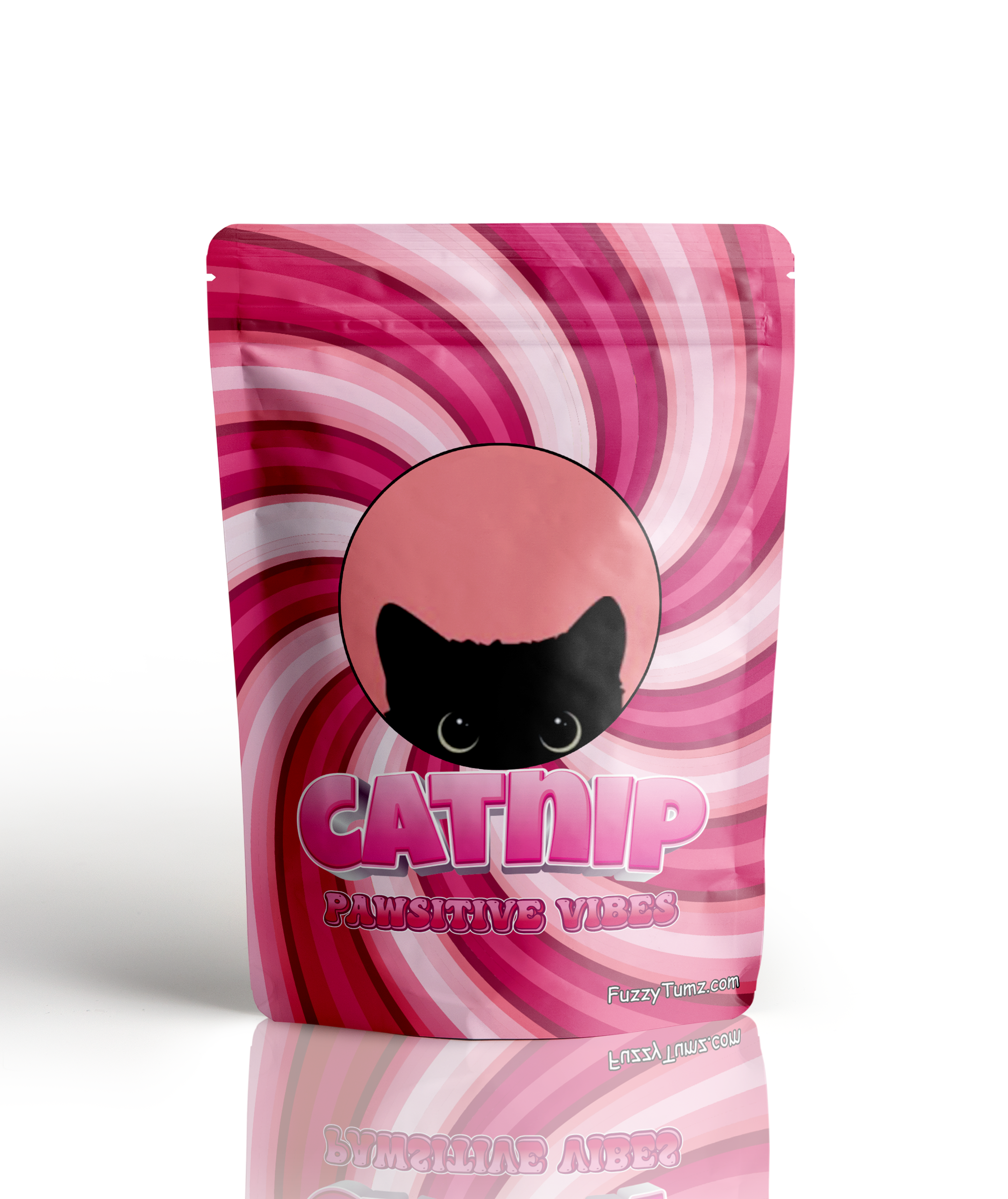Home » Cat Plants » Can the Lemon Verbena Plant be Harmful to cats?

Lemon verbena (Aloysia citrodora) is a flowering shrub native to South America that is commonly grown for its fragrant lemon-scented leaves. While lemon verbena is not toxic to humans, it can be poisonous to cats if ingested.
The plant contains essential oils that may cause gastrointestinal upset and skin irritation in felines. Lemon verbena is often used as an ornamental plant in gardens and can also be found in some herbal teas and cosmetic products.
Ingestion may cause mild gastrointestinal upset, but is generally not life-threatening.
Ingestion can result in mild symptoms like vomiting, diarrhea, or drooling. Rarely fatal but may require veterinary care.
Eating these plants can lead to more pronounced symptoms like abdominal pain, lethargy, or difficulty breathing. Veterinary intervention may be necessary.
Ingesting even small amounts can cause severe symptoms like organ damage, seizures, or cardiac failure without rapid treatment.
All parts of these plants are extremely poisonous to cats and can quickly lead to death, even with immediate veterinary care.
** Please note: Please note that toxicity level can vary based on the amount ingested and the specific cat. It's always best to keep these plants completely inaccessible to cats and seek immediate veterinary care or call the poison hotline if you suspect your cat has ingested any part of a toxic plant.
If a cat ingests lemon verbena leaves or essential oils, it may experience:
In some cases, the cat may develop a skin rash or itchiness from coming into contact with the plant. Symptoms usually appear within a few hours of exposure and can last for 24-48 hours. If your cat shows any signs of lemon verbena poisoning, contact your veterinarian immediately.

A: Lemon Verbena is not safe for cats to eat. Consuming this plant can lead to digestive upset and more severe health issues in cats.
A: If cats ingest Lemon Verbena, they may exhibit symptoms such as vomiting, diarrhea, and drooling. In severe cases, they might experience lethargy and lack of appetite.
A: To prevent cats from eating Lemon Verbena, keep the plant out of their reach. Consider placing it in areas that cats cannot access or using deterrent sprays that are safe for plants.
A: Yes, there are many cat-friendly herbs and plants such as catnip, parsley, and basil. These plants are safe for cats and can be a great alternative to Lemon Verbena.
A: If your cat eats Lemon Verbena, immediately contact your veterinarian. They will provide advice on how to manage the situation and may recommend bringing your cat in for a check-up.
A: Ingesting Lemon Verbena can cause long-term health issues if not addressed promptly. Chronic exposure or significant ingestion may lead to ongoing digestive problems and other health concerns for your cat.
Lemon verbena is native to Argentina and Chile. It was brought to Europe by the Spanish in the 17th century and cultivated for its lemony essential oil, which was used in perfumes and cosmetics. The plant gained popularity as an ornamental in Victorian gardens.
Today, lemon verbena is grown worldwide for its culinary, medicinal, and aromatic uses. The leaves can be used to make herbal tea and to add flavor to fish, poultry, and vegetable dishes.
Please note: The information shared in this post is for informational purposes only and should not be considered as veterinary medical advice.
